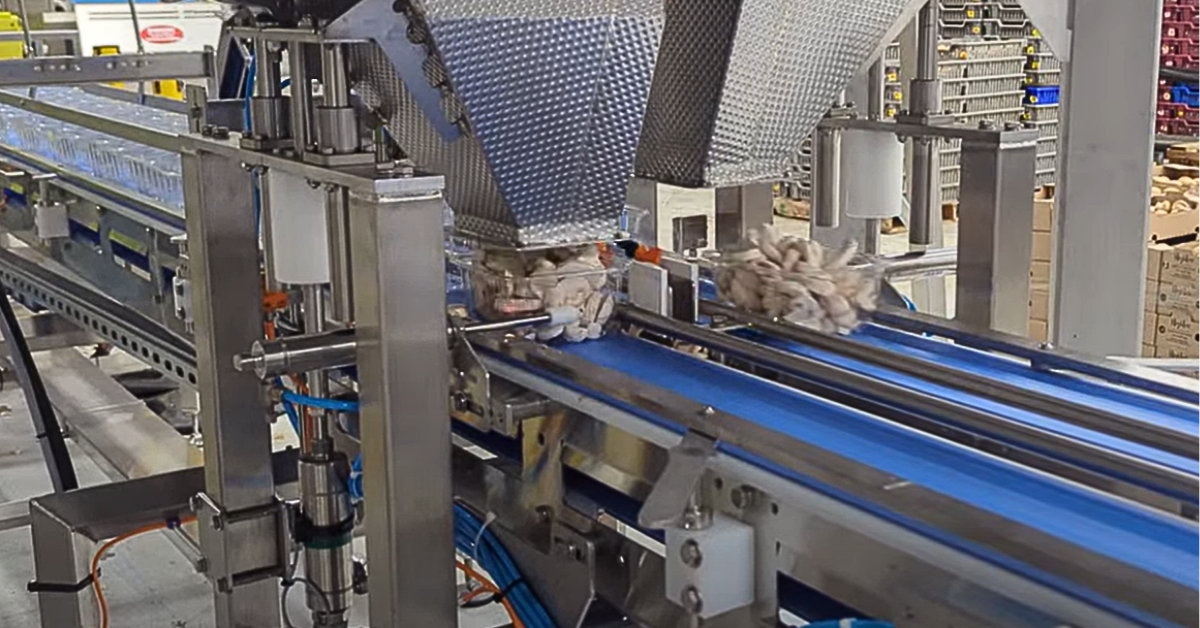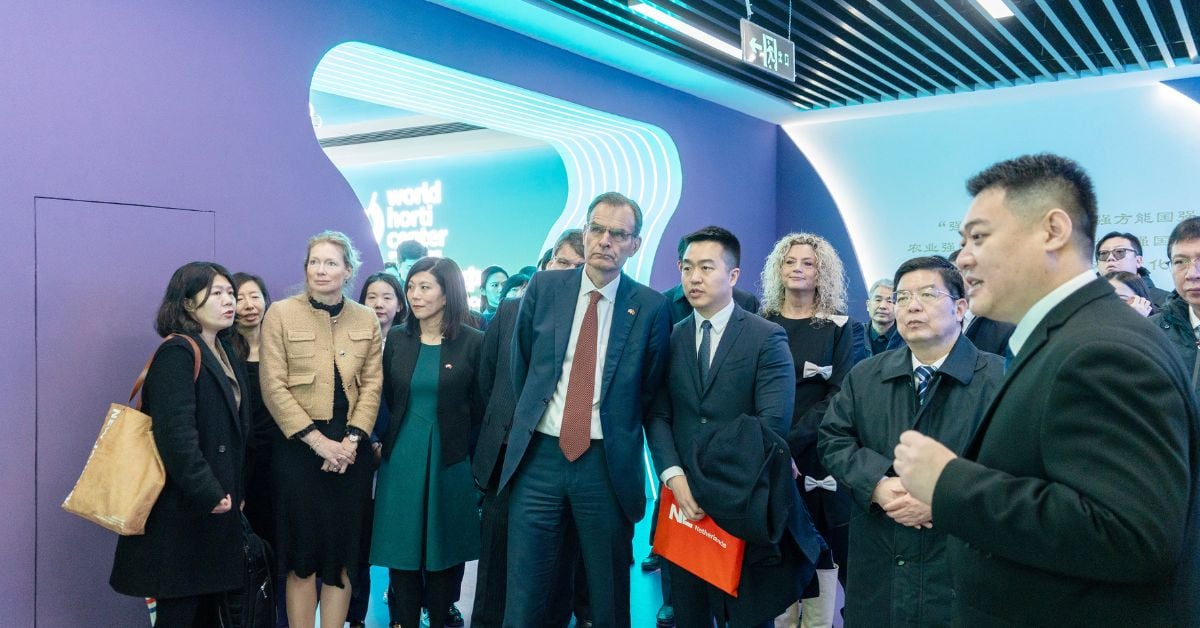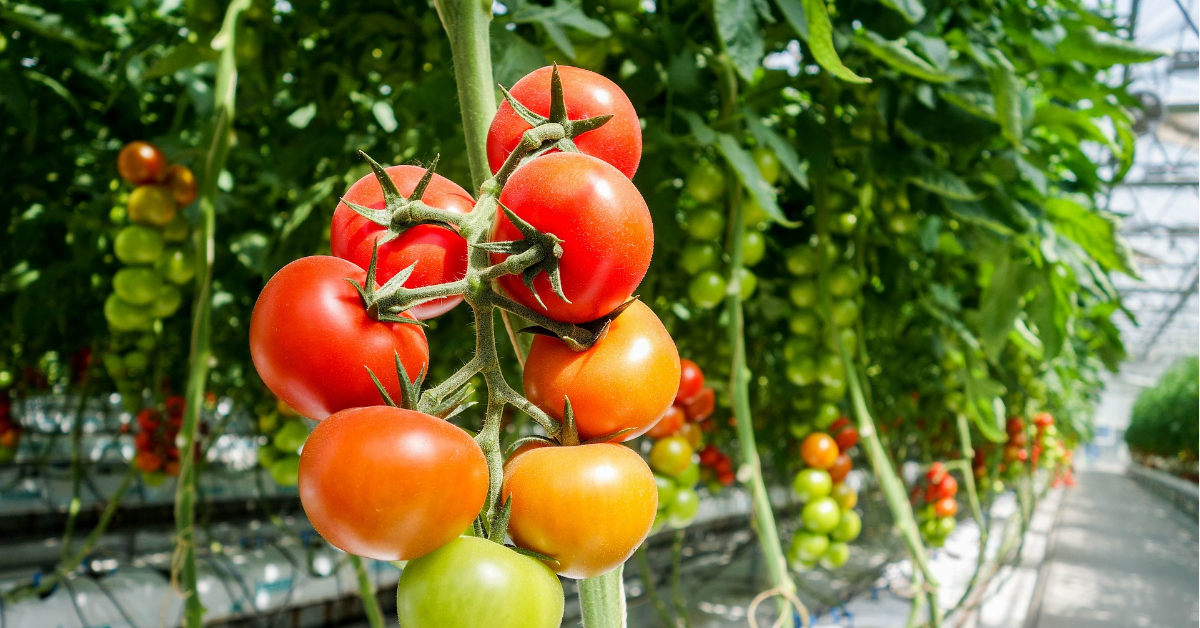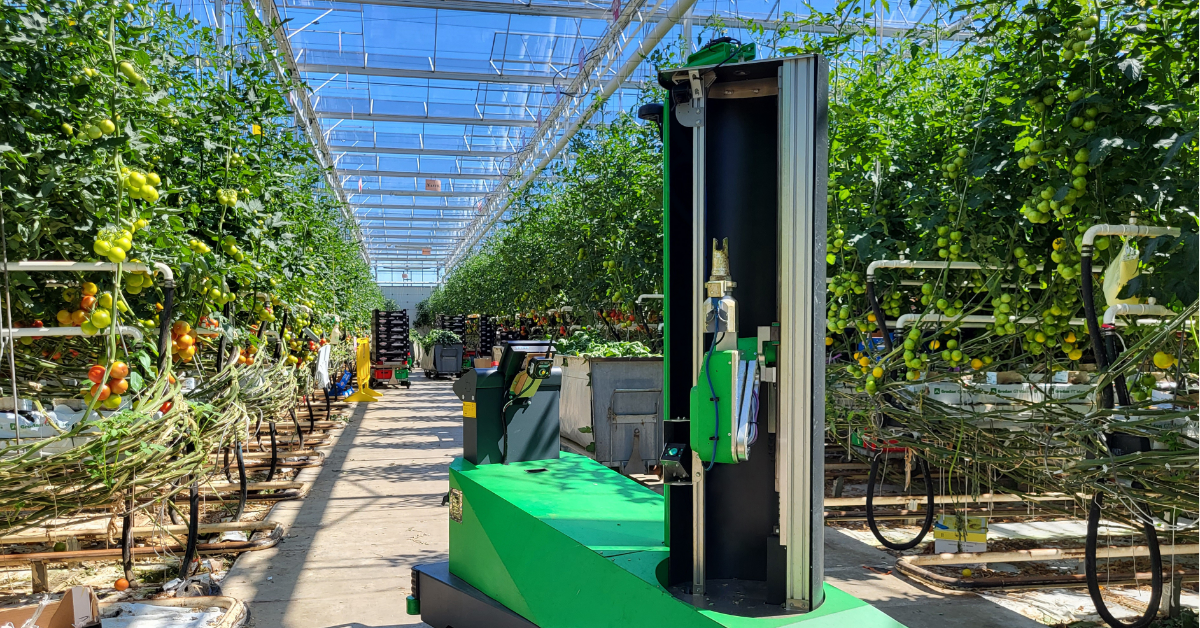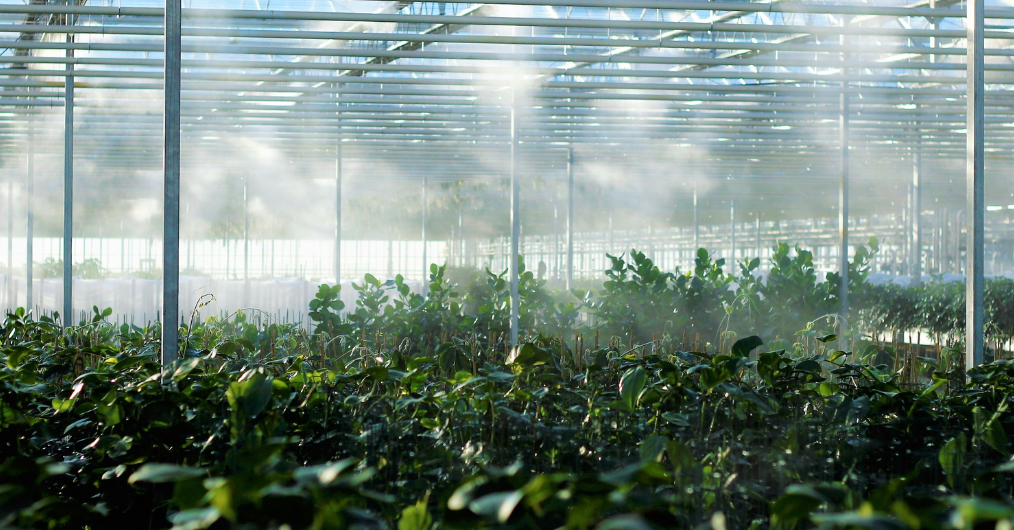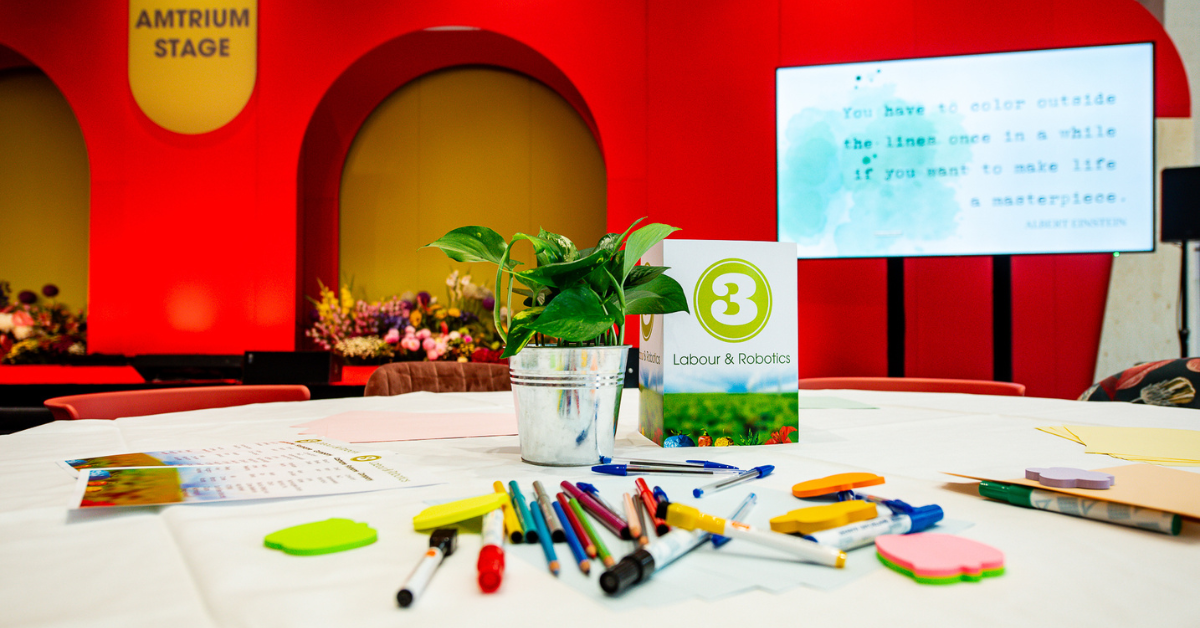How Rofianda deals with the Coronavirus impact | Q and A
 Author: GreenTech
Author: GreenTechWe've asked our GreenTech exhibiting companies to answer questions on how the current Coronavirus pandemic had impacted their business.
About Rofianda
Rofianda Lighting Solutions has been a developer of specialty LED lighting for more than 10 years. Her expertise lies not only in high-end lighting for industrial purposes, but the company has also a track record in the development of plant growth fixtures e.g. greenhouses, vertical farming, algae growth, climate chambers, and tissue culture. Her full sunlight spectrum fixtures, co-developed with Seoul Semiconductor from South Korea, are unique in the world. Because of her knowledge and experience in different sectors, the fixtures that are produced are multi-purpose and can be used in the most challenging and changing environments. More info: www.rofianda.com
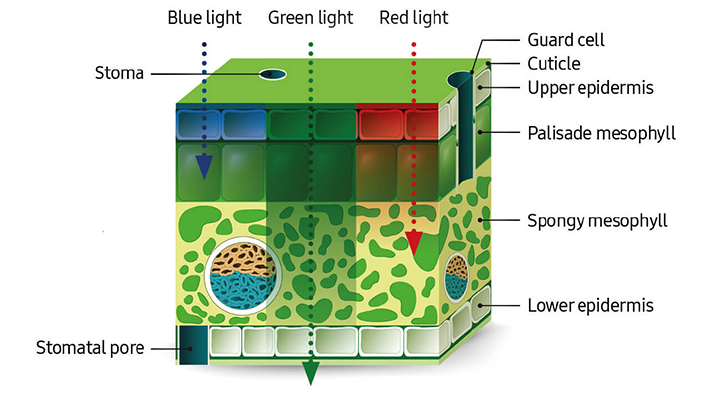
How do you expect this current crisis will change your sector for the long term?
This crisis has affected many sectors of the worldwide economy. Borders were closed, people can barely leave their homes, and factories are shut down. Growers and farmers work with living organisms and can’t just turn off their production. Bringing down costs is difficult for them, and revenues drop, especially in the flower sector. But people have to eat and fortunately growers are resilient entrepreneurs and look to the future. Many are open to technical and environmental innovations to make production more sustainable. Vertical farms e.g. can also help to produce locally; these don’t always have to be high-tech farms. Mid-tech farms where labour still plays a part can be beneficial to areas where imported food is very expensive, weather conditions are erratic and unemployment rates are high. A mid-tech vertical farm could produce at a lower cost, still with local labour. It cuts both ways then.
What is the silver lining for either your company or the sector?
People need to eat and the production of food will continue. However, countries may review their strategy after this crisis and decide to become less dependent on imports. People will even perhaps reconsider what to eat. E.g., how long will (exotic) animals be on the daily menus? Horticulture made it possible to feed many people around the world, keeping pace with the growth of the population. Whereas new challenges arise, such as climate change, pressure on biodiversity, and the current Coronavirus, new visions, and innovations on growing food will change the sector. Mid or high-tech vertical farming is increasingly becoming an option in many countries. Not only in Japan, UAE, Germany, or the UK but also in developing countries like India. Still on a small scale, however, most generate funding from well-known investors and entrepreneurs, which is a sign that there is a belief in the business case.
What short-term changes need to be made to make sure business will continue?
If the Corona infections and deaths continue to decline, a slow opening up of society will help growers and suppliers to continue their business and speed up the necessary changes and innovations to the system as a whole. The Dutch government is helping out by providing programs to reduce labour costs for most companies affected by the crisis and is also initiating programs to support investment in more sustainable techniques in greenhouses, such as LED assimilation lighting.
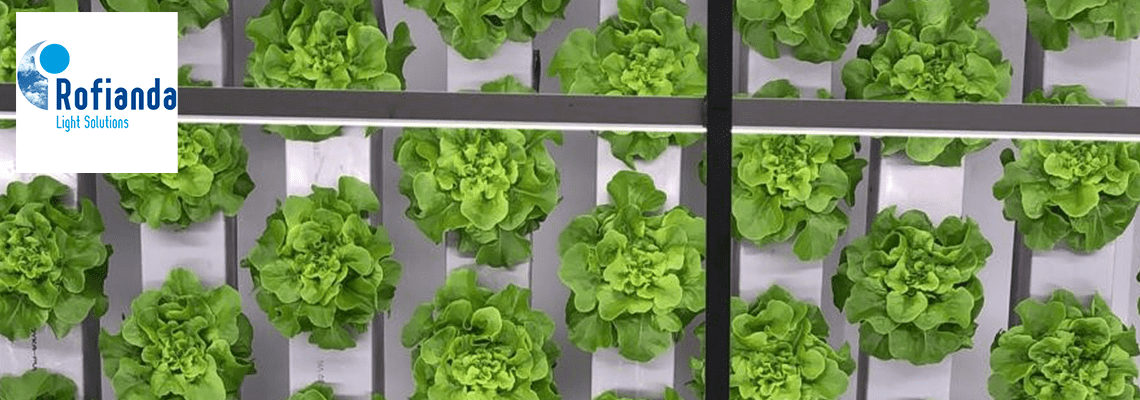
.png?h=628&iar=0&w=1200)
